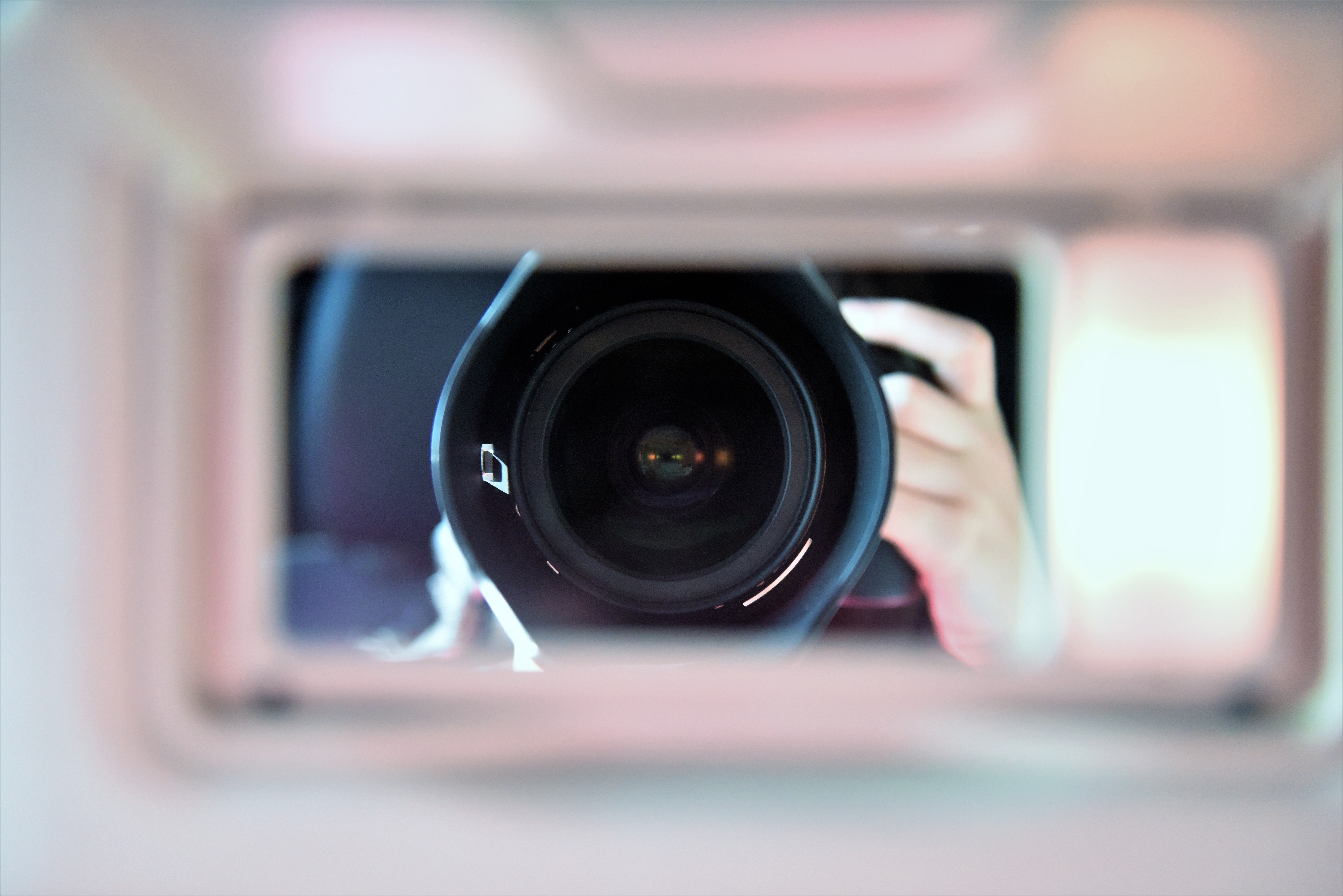“Organizational effectiveness and vitality begins with a state of self-awareness.”
How many of you think this to be true in your experience? And how does self-awareness seem to be at work? It is of fact that our subconscious mind is responsible for about 90% of our decisions.
Without self-awareness, you will not be mindful of your strengths, weakness and emotions. As an individual, it is important to understand what drives your subconscious choices. If you want to make a change in how you are leading your workplace culture — Know more about yourself.
“It is self-awareness that allows the best business-builders to walk the tightrope of leadership: projecting conviction while simultaneously remaining humble enough to be open to new ideas and opposing opinions.”
If you are a leader or anyone in positions of power, your leadership power is directly related to self-awareness and productivity will come out by self-connection. All this makes self-awareness one of the keys to personal success.
Table of Contents
Introduction to being self-aware
It is well said that “He who knows others is wise. He who knows himself is enlightened”– Lao Tzu
Before you know anything else, look inside YOU. You have to be in touch with your emotions. Today, world leaders are cognizant of the importance of being self-aware. For example, looking at the process of the interview today, professionals no longer are solely dependent on the documents and proofs that describe the skills and expertise of an individual. Probably, the individual has considered for its emotional intelligence, which is one aspect of self-awareness.
The self-aware person is someone:
- Who behaves with kindness and empathy
- Who knows what are they good at and what are they bad at
- Who knows certainty and uncertainty
- Who readily admits their level of knowledge
- Who see discomfort as an opportunity to grow
- Who actually listens to conversations
- Who doesn’t get afraid of new ideas
Being self-aware is a quality that all human beings should possess. Who am I? What am I doing? Why am I doing this?
Could you answer these questions in the first go? You see, there are no right answers to this because you lack self-awareness.
The importance of being self-aware: at the workplace
Self-awareness is the foundation to productivity. A lack of self-awareness will significantly have an effect on workplace efficiency. As at work, you interact with many people, you require an extra effort to have that positivity around you. One of the best things a leader can do is to be aware of what drives them. This will make them more mindful of their actions. You will be better able to manage your strengths and weaknesses, connect better with colleagues, employees, clients and be less distracted.
Do you want to drive yourself towards a more aligned self-awareness in workplace? Switch to ProofHub
How can self-awareness improve productivity
People usually have different views of their efficiencies. When they know they are self-aware, it can alter the direction of their thoughts to make the appropriate changes. They know what they have to do and what they are doing that is jeopardizing the goal which in return, increases productivity.
“What we do to accomplish our goals majorly is related to how we appraise our own actions and of those around us,” Elkhonon Goldberg said in his book The New Executive Brain.
Ultimately, self-awareness will analyze your performance and you won’t grow until you watch out your personal skills.
Now that you know self-awareness is important for our productivity. How do we develop it?
How to develop self-awareness
1. Be honest with yourself

“You must be honest with yourself to reach your full potential”
Obviously, when you rate yourself 10 on 10 but actually you deserve a 5 on 10 rating, you will never make a room for improvement for yourself.
To reach your full potential you will have to be honest with yourself. Do not fall into the trap of getting into new habits daily just for a limited time. You may feel proud of starting with a habit but you will not see its productive results unless you follow it wholeheartedly being aware of the things. Be honest with your ‘productive hours’ and hours you are actually being productive.
2. Get curious

Curiosity, as it is called, urge to learn about something. How great it would be if we all get up every morning driven by curiosity to seek out new discoveries. When you review yourself for skills, you will learn what to learn more and from where. Use your curiosity to explore mindfully, question relentlessly, and discover expectantly. Through this, you create growth and you will better see how it leads to change.
3. Ask for informal feedback

Ask for feedback. To be precisely self-aware, you need to understand how feedback can make an impact on you. Analyze your current behavior, ask people you trust and who will be completely honest with you, take their feedback and gather some facts about yourself. Have a good intention to understand what people say and stay neutral as you make notes of the feedback.
4. Keep a note on yourself

The power of self-observation should never be underestimated. Keep a check on yourself and see how you act under certain situations, what you expect the result to be, what do you think is going to happen.
And when you look back on ‘what’ happened, make sure you also discover ‘why’ it happened. Look at what comes out to be your weakness and what is your strength. You will surely discover something new about yourself.
5. Write a journal

Whatever you monitor about yourself, keep it in your journal. There are various methods you can use for journaling: free writing, using prompts, make notes on the phone, apps for making notes and tracking your habits, and of course a diary. When you get regular at making a journal you will get a sense of authorship and make a deeper connection with your brain. You will gradually start reflecting on what you have written in a journal.
6. Look at yourself objectively

Do you allow yourself to see only one side of your life story? This is the first step towards thinking objectively. At times, it can be tough to be objective. But once you start looking at yourself objectively, you will start caring about how things affect you. Start being careful of how you should improve your past, what you did well, be proud of it and look for any change you can make for yourself. Gradually, you will start striving for balance in life as you be careful of how you put things forward to be more productive.
7. Listen to your inner voice

The inner voice is critically important to our success than most people actually realize it. Inner voice― self-talk, thinking to yourself or inner speech, is what works best for us. It shapes how we see the world around us. You will make better decisions about your work by replacing negative talk with positive inner speech.
Are you self- aware? If you had to scale your self-awareness, what would be your rating?
